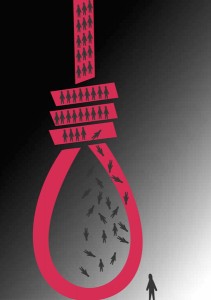 There has been a horrendous, sudden spike in executions in Iraq.
There has been a horrendous, sudden spike in executions in Iraq.
Sources indicate that Abdullah al-Qahtani is once again under imminent threat of execution.
Your immediate action could spare his life.
Abdullah is one of six men who were reportedly tortured into confessing to murder and terrorism.
He was initially detained for immigration violations. Abdullah’s attorneys say they have compelling evidence of his innocence. He deserves to have his evidence heard by a court in a fair trial.
Last year, after four of his co-defendants were executed, Abdullah could have been executed at any time – but his life was spared.








